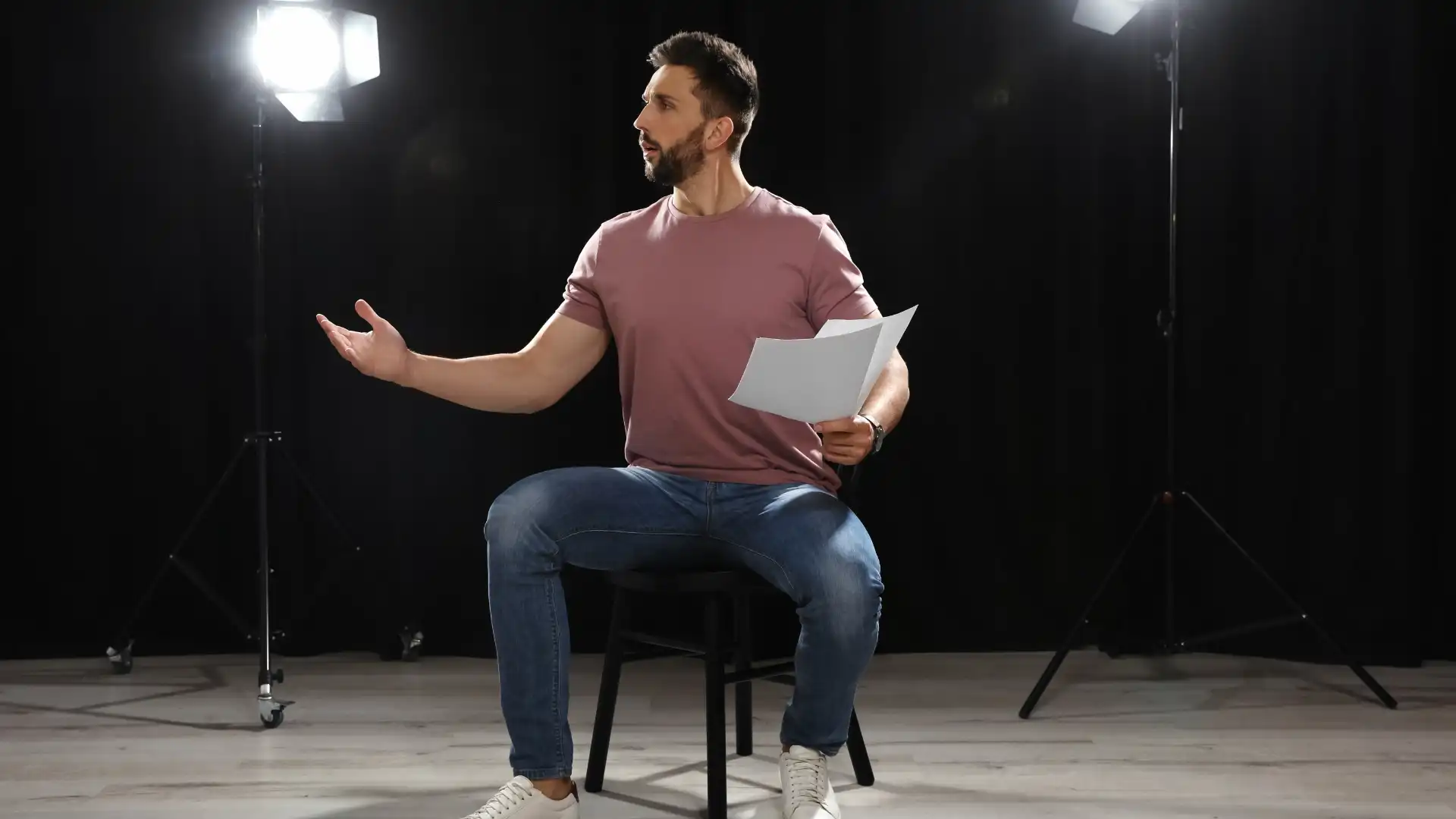Fact-Checking Strategies in Journalism: A Comprehensive Guide
In the age of information overload, fact-checking has become an indispensable skill for journalists. With the rise of fake news and misinformation, it is more important than ever to ensure accuracy and credibility in journalism. Fact-checking involves verifying the accuracy of claims, statements, and data before publishing them. This process not only helps maintain the integrity of journalism but also promotes trust and transparency with the audience. In this article, we will explore various fact-checking strategies that journalists can employ to ensure the accuracy of their reporting.
Start with the basics
Before diving into the intricacies of fact-checking, it is essential to have a solid foundation in journalism ethics and principles. Understanding the importance of accuracy, fairness, and objectivity is crucial. Journalists should always strive to present information in a balanced and unbiased manner.
Verify the source
The credibility of the source is paramount in fact-checking. Journalists should evaluate the reliability and expertise of the source before accepting their claims as facts. Check if the source has a history of accuracy and if they have any biases or conflicts of interest.
Cross-reference multiple sources
Relying on a single source can be risky. To ensure accuracy, journalists should cross-reference information from multiple sources. This helps in identifying discrepancies, biases, or potential errors in the information provided.
Check for factual evidence
Fact-checking involves verifying claims with concrete evidence. Journalists should look for supporting documents, data, or eyewitness accounts that can substantiate the claims being made. This can include official records, research studies, expert opinions, or interviews with relevant individuals.
Utilize fact-checking tools
In the digital age, there are several fact-checking tools and platforms available that can assist journalists in verifying information. Tools like FactCheck.org, Snopes, and Politifact can help identify misinformation and debunk false claims. These tools often provide detailed explanations and evidence to support their fact-checking.
Consult experts
When dealing with complex or technical subjects, it is advisable to consult experts in the field. Subject-matter experts can provide valuable insights and help journalists understand the nuances of a particular topic. Their expertise can be instrumental in fact-checking and ensuring the accuracy of the information being reported.
Fact-check in real-time
With the advent of social media and live reporting, journalists often find themselves reporting on events as they unfold. Fact-checking in real-time can be challenging, but it is crucial to avoid spreading misinformation. Journalists should be cautious and verify information before sharing it with the public, even if there is pressure to report quickly.
Be transparent with corrections
Despite best efforts, errors can still occur in journalism. When mistakes are made, it is essential to correct them promptly and transparently. Journalists should issue corrections with the same visibility as the original piece to ensure that readers are informed of the inaccuracies.
Stay updated on media literacy
Media literacy is the ability to critically analyze and evaluate media content. Journalists should stay updated on the latest trends in media literacy to understand how misinformation spreads and how to combat it effectively. This knowledge can assist in developing fact-checking strategies that address the evolving challenges in the digital landscape.
Collaborate with fact-checking organizations
Collaborating with fact-checking organizations can enhance the credibility and accuracy of journalistic work. These organizations have dedicated teams and resources to fact-check claims made by public figures, politicians, and media outlets. By partnering with them, journalists can tap into their expertise and access a wider network of fact-checkers.
Fact-checking is not just a responsibility; it is a necessity in modern journalism. By employing these strategies, journalists can ensure that their reporting is accurate, reliable, and trustworthy. Fact-checking not only strengthens the credibility of the journalism profession but also contributes to a well-informed society.
Key Takeaways
- Fact-checking is an essential skill for journalists to ensure accuracy and credibility in their reporting.
- Start with a solid foundation in journalism ethics and principles, emphasizing accuracy, fairness, and objectivity.
- Verify the credibility of your sources by evaluating their expertise and potential biases.
- Cross-reference information from multiple sources to identify discrepancies and potential errors.
- Look for concrete evidence, such as supporting documents or expert opinions, to substantiate claims.
- Utilize fact-checking tools and platforms to identify misinformation and debunk false claims.
- Consult subject-matter experts to gain valuable insights and ensure accuracy in complex or technical subjects.
- Fact-check in real-time to avoid spreading misinformation, even in the fast-paced world of social media.
- Be transparent with corrections, issuing them promptly and with the same visibility as the original piece.
- Stay updated on media literacy trends to combat misinformation effectively.
By employing these fact-checking strategies, journalists can maintain the integrity of their reporting and promote trust with their audience. To further enhance your skills in modern journalism, consider taking the “NYU | Modern Journalism” online course and certificate program offered by Yellowbrick. This comprehensive program will provide you with the knowledge and practical tools to excel in the fast-paced media landscape. Stay tuned for more insightful articles on journalism, where we explore additional skills and techniques for success.








